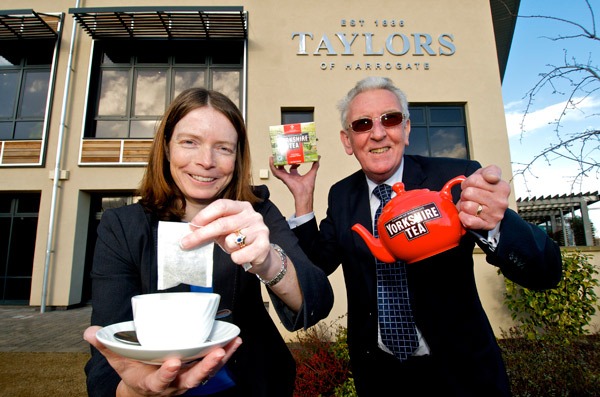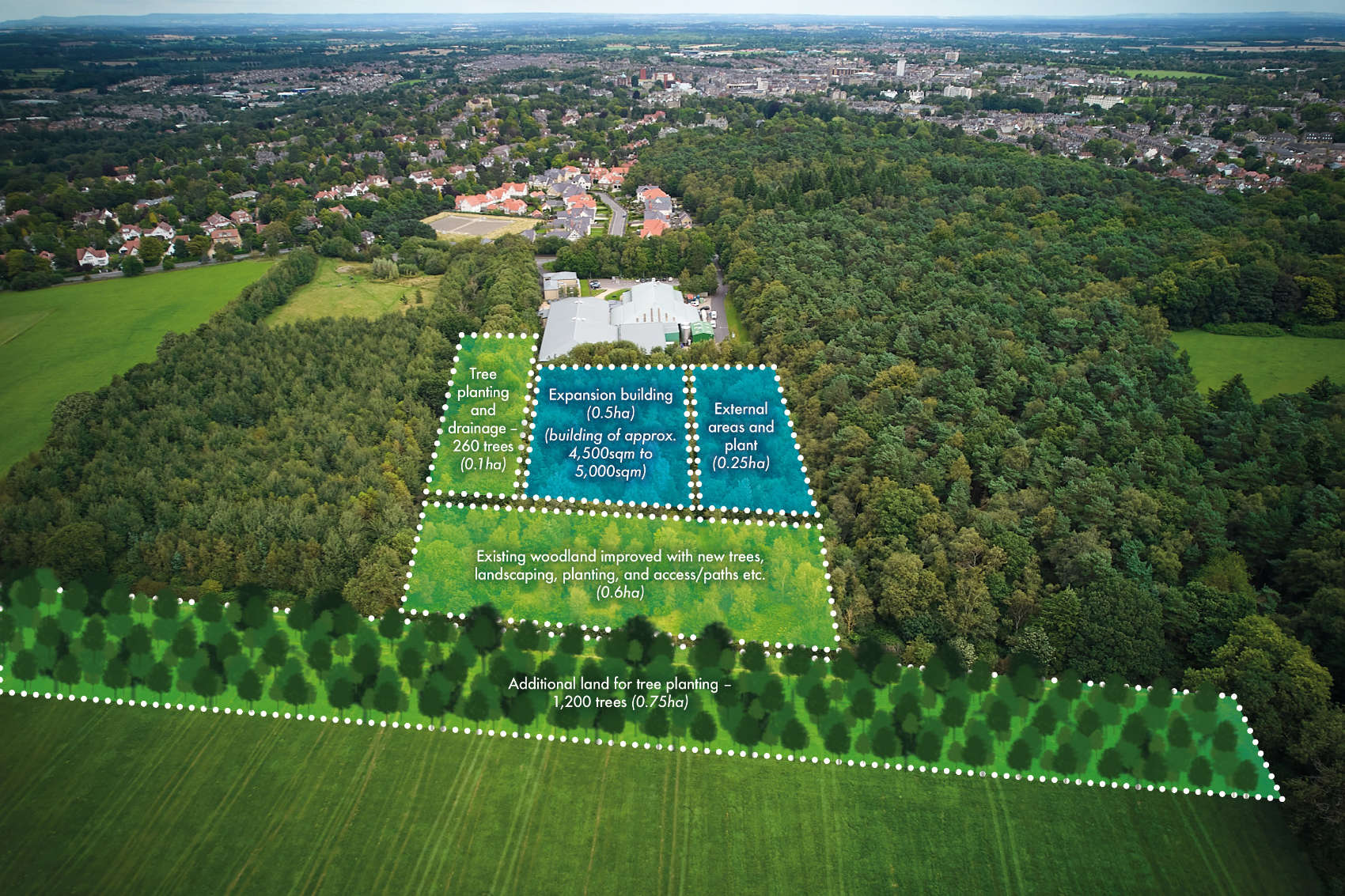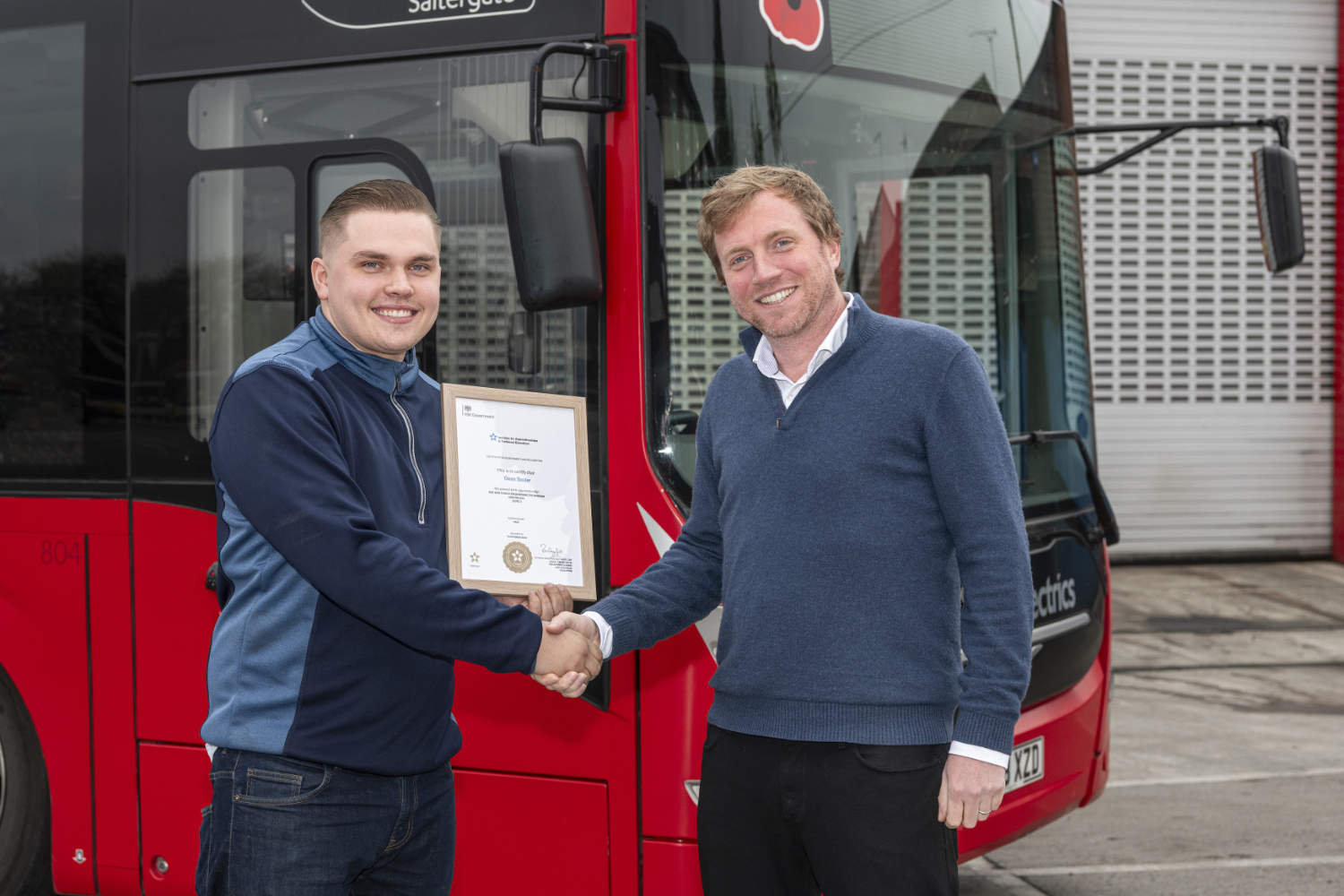Overseas trade specialists have stepped in to try to resolve an international dispute over the export of blended teas, including one of Yorkshire’s best-known brands, which could affect all similar sales from the EU.
Export professionals from Chamber International, Bradford, are working to help Taylors of Harrogate, which blends Yorkshire Tea, to try and resolve a regulatory dispute with South Korean customs officials which centres on ‘country of origin’ labelling and could become an EU-wide issue.
The dispute, which has been bubbling for two years, has arisen over the definition of the ‘substantive change’ in a tea product which is used to determine its country of origin.
Taylors of Harrogate, acting on advice from HM Customs and Chamber International, has believed that the added value of blending and tasting different teas to create a distinctive, consistent brand flavour constitutes the ‘substantive change’ to warrant the country of origin to be within the EU under the Free Trade Agreement (FTA) with South Korea.
However, South Korea customs officials argue that the only ‘substantive change’ occurs when the freshly-picked green tea is turned into black tea. South Korean retail labelling regulations also demand that the country of origin where the tea leaf is grown, such as Rwanda or Kenya, is displayed rather than where it was blended.
Among help arranged by Chamber International has been taking the matters up with authorities in South Korea which led to South Korean customs asking HMRC to visit the company to conduct an audit on the tea blending process as part of moves to resolve the problem.
Taylors of Harrogate export sales administrator, Madeline Wolfe, says: This makes a big difference for our customer supplying South Korea. If they are able to claim EU origin, as we have previously done for many countries for years without any difficulties, they pay lower import tariffs.
However, the South Korean customs ruling means that they are breaching domestic labelling regulations and risk a substantial fine. If they obey the domestic regulations, they do not benefit from the lower tariffs afforded which is what our customer has been doing.
This means that our customer cannot buy as much of our blended teas as they might like to and the end price makes our product uncompetitive for consumers who want to enjoy blended teas from Yorkshire which also include our Earl Grey and English Breakfast brands
The import dispute comes at a time when EU fermented, and partly-fermented, black tea exports to South Korea are rising rapidly from a value of EUR 194.640,00 in 2009 to EUR 916,690.000 in 2012.
Chamber International senior export advisor, Mike Strawson, says: South Korea is not a major international market for Taylors of Harrogate, it is one which is increasing for EU black tea exports generally. This is a very important issue at a time when UK companies are being encouraged to step up exports to help re-balance the national economy.
In our view, this is a clear case of protectionism on the part of the South Korean authorities. It could be the thin end of the wedge and, if not resolved, this dispute could affect all blended teas exported from within the EU. We are making representations to a number of international trade bodies and working with Geneva-based specialist trade lawyers to try and resolve the matter.
Chamber International, which also runs the We are International Export Network as part of Leeds City Region Local Enterprise Partnership’s We are International campaign, helps hundreds of new and experienced exporters with a wide range of specialist services to make exporting easier and more cost effective each year and is exclusively partnered with London headquartered global testing organisation, Intertek, to assist with a wide range of issues including product conformity.







